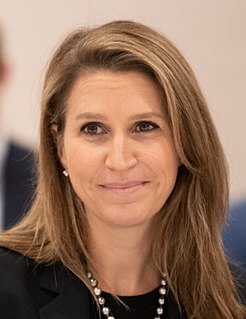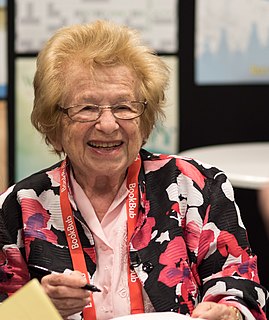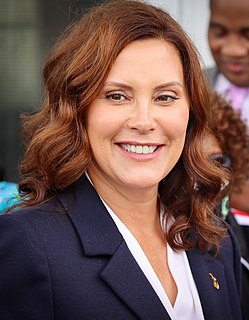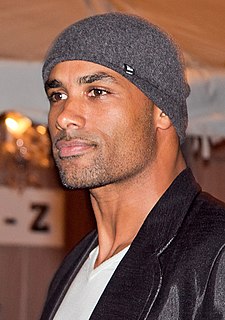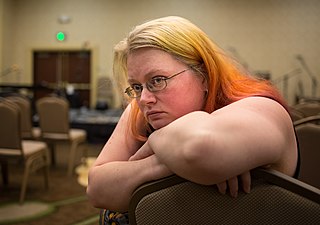A Quote by Julianna Baggott
I believe that one of the most damning things about our culture is the adage to never talk religion and politics. Because we don't model this discourse at the dinner table and at Thanksgiving, we don't know how to do it well and we're not teaching our children about the world and about how to discuss it.
Related Quotes
We're very good at talking about the individual in American politics and excellent at talking about the government. But we have little ability to even acknowledge everything that exists in the middle, and given how influential politics is on every other part of our life, I think that failure of discourse is pretty corrosive to our overall culture.
On the contrary, it's because somebody knows something about it that we can't talk about physics . It's the things that nobody knows anything about that we can discuss. We can talk about the weather; we can talk about social problems; we can talk about psychology; we can talk about international finance gold transfers we can't talk about, because those are understood so it's the subject that nobody knows anything about that we can all talk about!
Television is our culture's principal mode of knowing about itself. Therefore -- and this is the critical point -- how television stages the world becomes the model for how the world is properly to be staged. It is not merely that on the television screen entertainment is the metaphor for all discourse. It is that off the screen the same metaphor prevails. (92)
I started teaching in '76 and I'd been a photographer at the Geographic for six years. But prior to being at the Geographic I was a teacher. Plus my parents were teachers and my brother and my grandparents. So it was the culture of our family to think about teaching, to talk about teaching, to talk about teachers.
What happens at the average church or synagogue or mosque is that I don't know many priests or ministers or rabbis who say to their congregation, 'go home and talk about the religion at the kitchen table with your kids...talk about God, talk about what this is all about.' They say in general, come back on the weekend, we'll talk to you about it.

